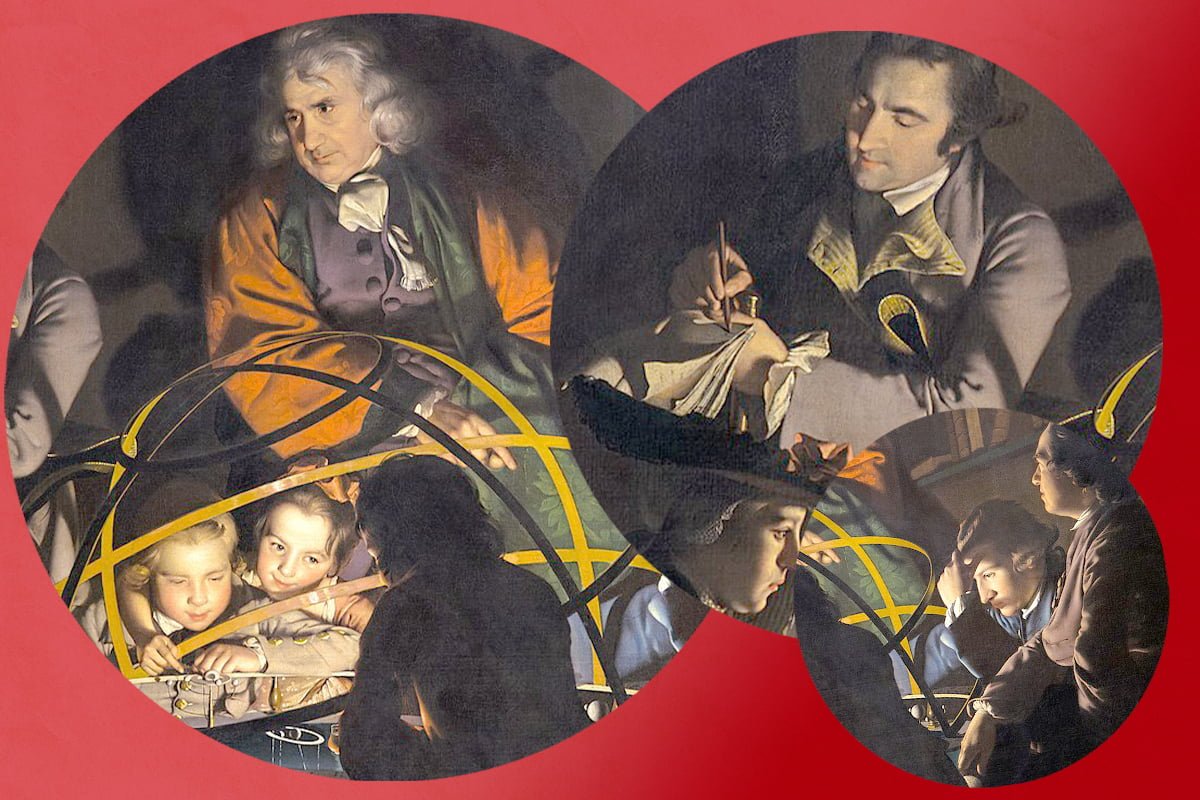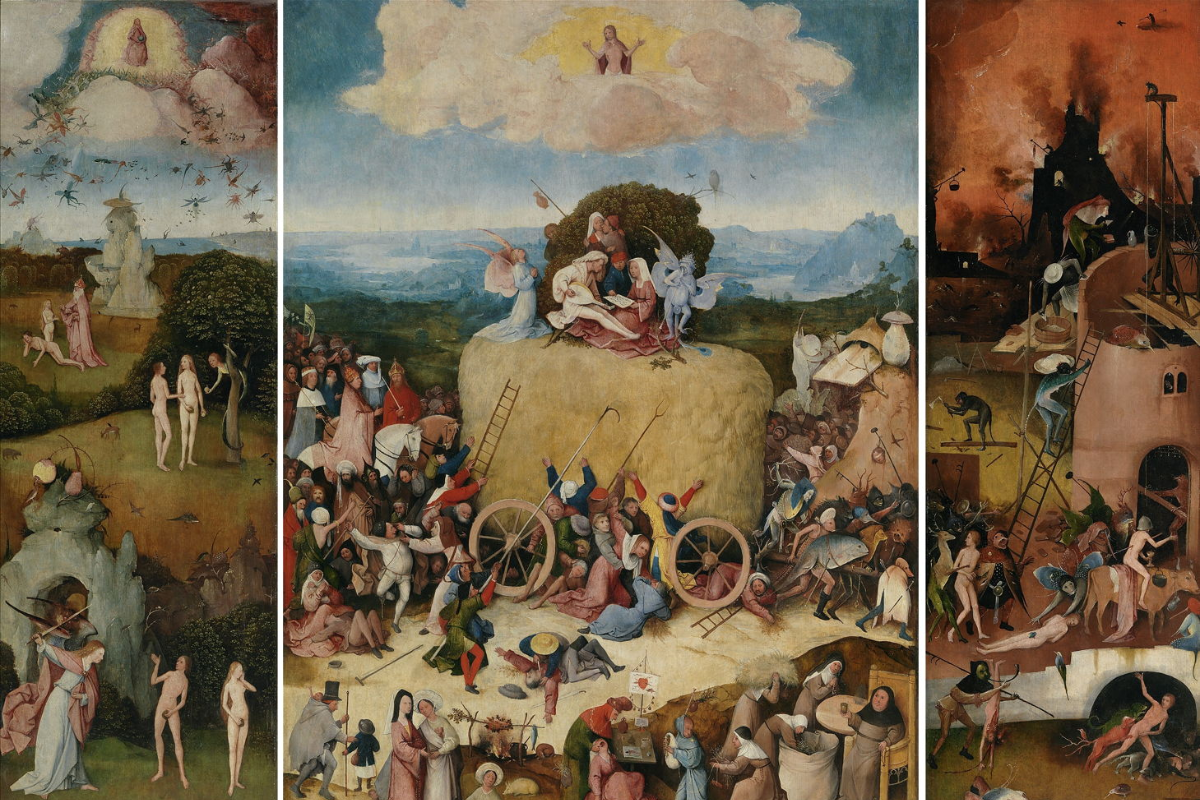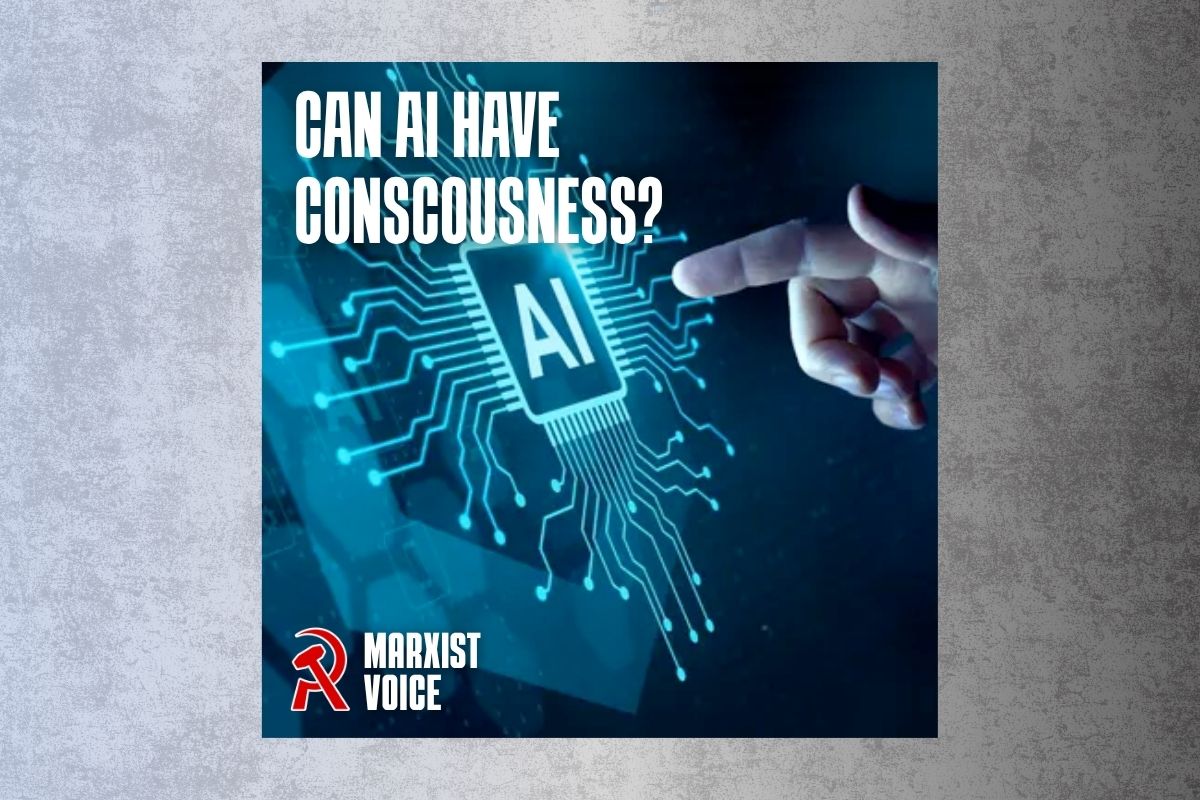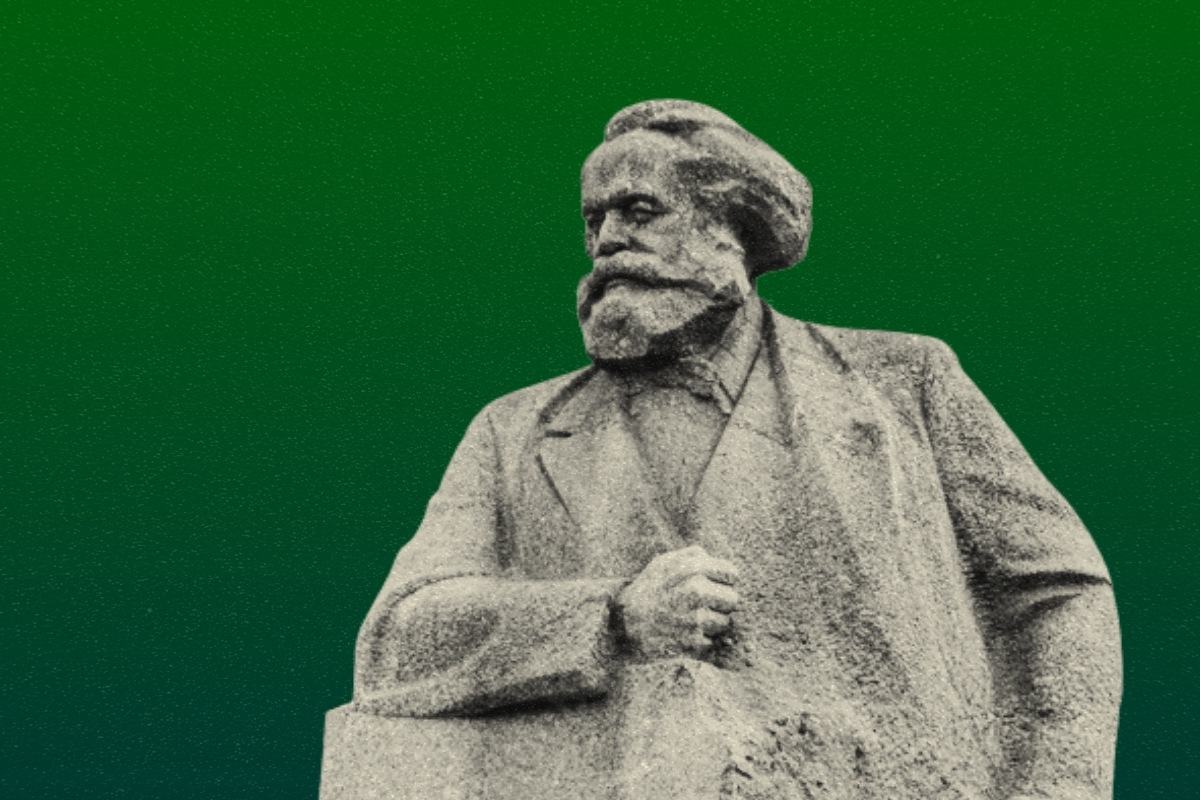Opponents of Marxism typically accuse it of being ‘fatalistic’, or of having a ‘teleological’ view of history; in other words, that Marxists see all of history as having a fixed goal or purpose.
Marxism is caricatured as a new prophetic religion, seeing all history as preordained. Allegedly, Marxists think there is nothing we can do to stop or change this process; that communism is inevitable, just like the Kingdom of God is for Christianity.
The Austrian philosopher and apologist for capitalism Karl Popper famously asserted that this means Marxism is ‘pseudo scientific’. Postmodernists make similar accusations, dismissing Marxism as a ‘metanarrative’; an attempt to simplify the chaos of historical events into a story of liberation that will never come.
It is particularly useful for supporters of the status quo to spread the cynical view that it is pointless to struggle for revolutionary change. They say it is irrational or naive to fight for what hasn’t yet existed. Apparently, the most scientific thing to do is to uncritically accept the existing state of affairs.
This line of argument suggests that Marxism eliminates human agency. Marxism is depicted as a cold, mechanical world view, which leaves no role for consciousness and free will. Instead, we are merely prisoners of the iron laws of history.
These criticisms reveal a one sidedness; an inability to understand that opposites are not separate, but go together. For these opponents of Marxism, history is either absolutely one thing or another: it is either perfectly determined (as apparently Marxists think), or perfectly random – a completely unwritten book, in which each generation has total freedom.
These are the two views we are offered: fatalism, on one side; and what we can call voluntarism, on the other. The truth is that both are wrong. They are opposite poles that have been severed and taken to a crude extreme, like trying to separate the two sides of the same coin.
Voluntarism
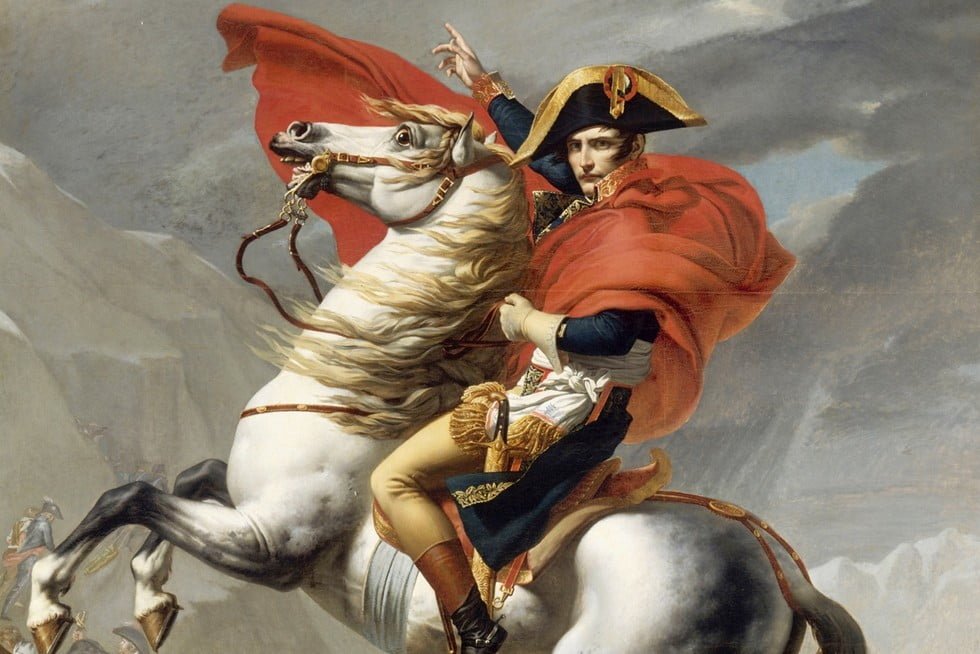
If you isolate opposites, you not only render them false, but also indistinguishable. One is equally blind in a room of pure white light, as in a space that is pitch black. This is true for voluntarism.
An example of this is the ‘Great Man’ view of history. This holds that since history is carried out by conscious humans, it is simply determined by the ideas of its protagonists. Great historic events, we are told, take place because great individuals, like Cromwell or Napoleon, put their visions into practice through the power of their personalities.
One of Adam Curtis’ recent series begins and ends with the following ‘voluntarist’ quotation from the anarchist anthropologist David Graeber: “The ultimate, hidden truth of the world is that it is something that we make, and could just as easily make differently.”
The supposedly liberating conclusion, therefore, is that we can just as easily make history another way: we can choose to have some other ideas, and make everything better.
This voluntarism sets itself up as having a very lofty view of human nature. It venerates free will. But ironically, its one-sidedness puts it unwittingly in the camp of its extreme opposite, fatalism.
If history is made by individuals, who only need to realise this simple fact – of their agency – in order to change the world however they please, the question arises: Why don’t we? Why is the world the way it is, and not another?
Many people throughout history have suggested a better form of society. Some have even gone on to have millions of followers. And yet this better society has not been made.
This world view reduces everything to caprice. History appears arbitrary. Many very bad things apparently happened for no discernable reason – we just made it that way. It is a mystery why so many bad things happened, and how exactly we can ensure that good things occur instead.
It is also a mystery how, having ‘easily made history differently’, we would prevent the bad kind of history becoming dominant again. History is seemingly inexplicable; just a mistake – or ‘one damn thing after another’, as Henry Ford said. As a result, we remain victims of the mysterious fate of history.
Graeber claims to overcome alienation and powerlessness by asserting that we simply make history ourselves. But the emptiness of his voluntarism just reproduces it.
Marxism explains that real freedom comes not from escaping causation and lawfulness, but understanding and applying it. By understanding the laws of society, we can gain the ability to change it. But if we shut our eyes to this causation, we are blind to it.
Progress
Marxists are materialists. Humans are physical beings, and our ideas express material experiences. The emotions and dreams that we have are ultimately derived from our material needs.
History is neither absolutely random, nor designed in advance by some god. We can understand history because it has laws, as all natural phenomena do. And the laws of history demonstrate progress – a tendency towards greater levels of economic development and social complexity.
Postmodernists claim this is imperialistic or racist. They claim it implies that western society is morally superior to others, and thereby has a right to dominate them (because it is more advanced). In truth, however, Marxists are militant anti-imperialists.
But if there’s no progress in history, it would be plausible to say that the first humans might have immediately set up capitalism and urban society, instead of starting as hunter gatherers; or that a successful revolution against capitalism might actually lead to the reestablishment of feudalism, and not socialism.
To state such possibilities is to realise the absurdity of denying all progress and lawfulness in history. This does not mean there is a straight line of uninterrupted progress, but that there are objective historical laws that we can understand, and that the tendency is towards more advanced forms of society.
Absolute determinism
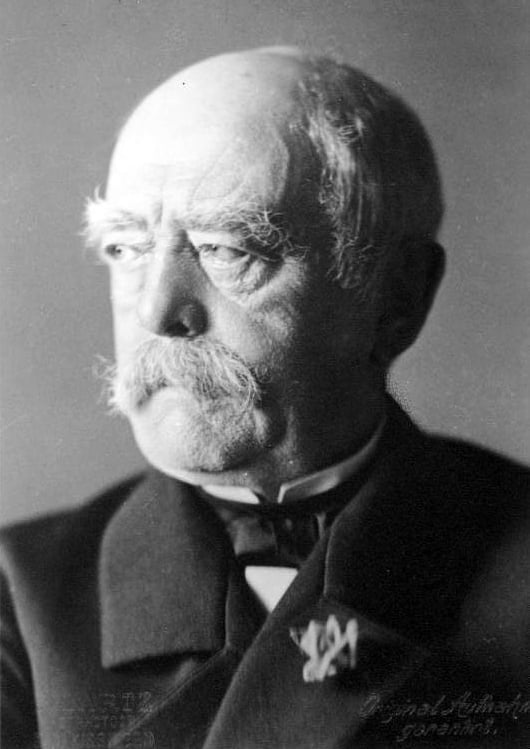
But what is fatalism, and why do we disagree with it? The idea of absolute determinism – or fatalism – developed in the 18th century. At the time, it was a step forward in philosophy: part of an attempt to understand society scientifically.
Laplace, for example, famously argued that if we knew the position and velocity of every single atom, and the laws that govern them, we could predict everything for all eternity.
This expresses the correct insight that all of nature is interconnected and subject to laws. But it is also excessively simplistic. It treats causation as linear – that is, that one event is caused just by one previous event, and that each law expresses itself in isolation.
In reality, every event is a product of infinite causes, all interacting with each other in a web of causation. Laws do not express themselves directly or perfectly, but are conditioned in different ways, depending on the circumstances, by the operation of other laws.
Marxists are caricatured as seeing history in the simplistic sense of Laplace. According to critics, for Marxists, the only laws governing society are economic laws. And these operate so directly and perfectly that we can foresee exactly how society will develop, with no room for accident.
The mechanical materialists of the 18th century left no room for consciousness. For them, consciousness causes nothing, but is simply a passive effect, like the froth on waves thrown up by deeper currents.
This is a common error in science known as reductionism.
The neurophilosophy of Paul Churchland, which he calls ‘eliminative materialism’, is a good example. He says that beliefs literally do not exist, only neurons. To understand human behaviour, all we need to do is understand neurons. Such scientists deny the ability of consciousness to cause anything, purely on the basis that consciousness is itself caused by matter.
So why do we have ideas? Why do classes put so much effort into forming and propagating ideologies? Why are political parties formed? Why is so much attention paid to the ideological and theoretical struggle, if automatic economic laws alone cause everything?
If history is exclusively determined by economic laws, then it is very hard to explain why they work the way they do. Where do these laws come from, and how do they possess such power?
Prussian Chancellor Bismarck unwittingly exposed the one-sidedness of this mechanical materialism when he said that, “We cannot make history – we must wait while it is being made.” Who, then, is making history, and why in this manner?
Marx criticised this error, saying famously that:
“History does nothing, it possesses no immense wealth, it wages no battles. It is man, real, living man who does all that, who possesses and fights; history is not, as it were, a person apart, using man as a means to achieve its own aims; history is nothing but the activity of man pursuing his aims.”
But if history is made only by real individuals, does this not eliminate lawfulness, since individuals are unpredictable and unique? In opposing mechanical, absolute determinism, have we not placed ourselves back in the camp of voluntarism?
Necessity and chance
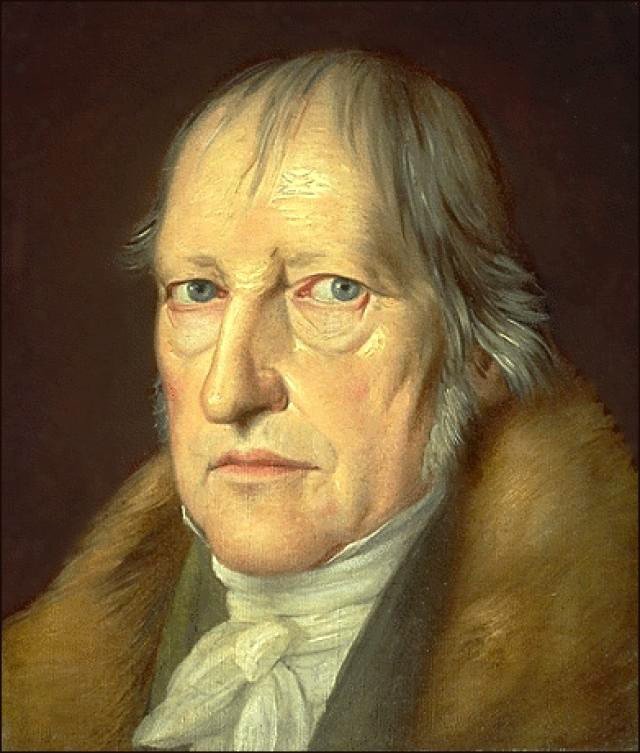
To answer this, we need to understand what accident and necessity (or lawfulness) are. And to do that, we need to understand their relationship to one another.
It is true that turning points in history are greatly influenced by chance events. There is no ‘god of history’ that selects people to fulfil its goals, making sure that they are in the right place at the right time. The most important events could have happened entirely differently had, say, one of the leading participants missed a train.
So how can we speak of historical necessity?
It was the German philosopher Hegel who brilliantly demonstrated that necessity and chance are not mutually exclusive, but interdependent.
“God lets men do as they please with their particular passions and interests,” Hegel explained, “but the result is the accomplishment of – not their plans, but his”. (Encyclopaedia Logic, §13).
Leaving aside his religious views, Hegel is pointing out that the necessity of things does not pre-exist, guiding them from without, but emerges from concrete, accidental activity.
A good example is evolution. Many people – including some scientists – make the mistake of saying things like “this organ is designed for seeing”. This is equivalent to thinking that historical laws preordain society.
But the whole point of the theory of evolution is to explain the historical development of life without any guiding purpose or designer. We know that organs evolve without being consciously designed. The law of evolution simply expresses the unconscious process of organic development under environmental pressures.
Take water. Liquidity has its own universal physical laws and dynamics. But where is this ‘wetness’? Is it imparted on the water from without? No, it has no separate existence from the water. And yet its parts, i.e. water molecules, are not themselves wet.
Similarly, we cannot predict the exact movement of a single water molecule; it is subject to too many influences. So if water’s components are not wet, and are unpredictable, how can we speak of the laws of liquidity?
What we really mean by necessity is not a pre-existing plan that guarantees the behaviour of water molecules or every member of society, but universal causes – laws such as gravity or of capitalist crisis – that emerge from the interaction of real parts of a system.
Despite how complex capitalist society is, capitalist crises arise with a certain regularity. And, as Marx showed, we can understand why they must happen.
There are many examples of complex systems made up of unpredictable parts, but that are nevertheless predictable at a general level, such as the weather. Just as we cannot exactly predict the actions of a conscious person, so we cannot accurately predict the weather in a certain place, on a specific day, a year from today.
But predictability does emerge at a certain scale. We can accurately predict average temperatures across a year.
We cannot predict when someone will die – even the healthiest person could die the next day, for very accidental reasons. But across society, the death rate is so predictable that, during the pandemic, public health experts could estimate the number of deaths from COVID by looking at the amount of excess deaths above long-term averages.
Individuality and society
Economic forces are not the only ones affecting society. All aspects of society influence all others. In this maelstrom, however, in the long run, one factor does stand out – the economic one. But why is this?
Engels summed this up in a letter to J Bloch:
“What each individual wills is obstructed by everyone else, and what emerges is something that no one willed. But from the fact that the wills of individuals – each of whom desires what he is impelled to by his physical constitution and external, in the last resort economic, circumstances – do not attain what they want, but are merged into an aggregate mean, a common resultant, it must not be concluded that they are equal to zero. On the contrary, each contributes to the resultant and is to this extent included in it.” (Our emphasis)
Yes, each individual is unpredictable and unique. They are not cyphers for economic forces. But they are only so unique and unpredictable.
The reason for this is material. We are all members of the same species. We are all natural beings. And must therefore eat, drink, find shelter, etc.
The individual is realised through the general. Each person, in other words, can only be an individual thanks to society: we are born into a family; taught the language of our society; educated in society; and our personal likes and dislikes, which give us our individuality, are taken from society.
Like everyone else, the individual must participate in the economy in order to survive. And that imposes general interests and ways of thinking onto us.
Given the development of the means of production, the kind of society and relations we must enter into to survive have a definite form. Under capitalism, for example, the majority of the population consists of workers, who have to find employment and earn a wage in order to put food on the table. And we have little choice in this matter. Thus, the individual is constrained.
Similarly, each capitalist has their own personality. Some even do not particularly want to exploit workers. Their personal characteristics will, to some extent, condition how they run their firms. Nevertheless, every capitalist is obliged to exploit workers – the general features of capitalism demand it.
This is how necessity expresses itself through chance. This necessity – social lawfulness – exists in and through individuals. None of us are guided by some mystical force of history. Instead, we are all only acting in accordance with our own interests. But in pursuit of these individual aims, we are forced to interact with others, according to conditions that are out of our control.
In turn, the interests of the individual, while always to some extent particular to themselves, are always moulded and constrained by the society we live in.
Revolutionary leadership
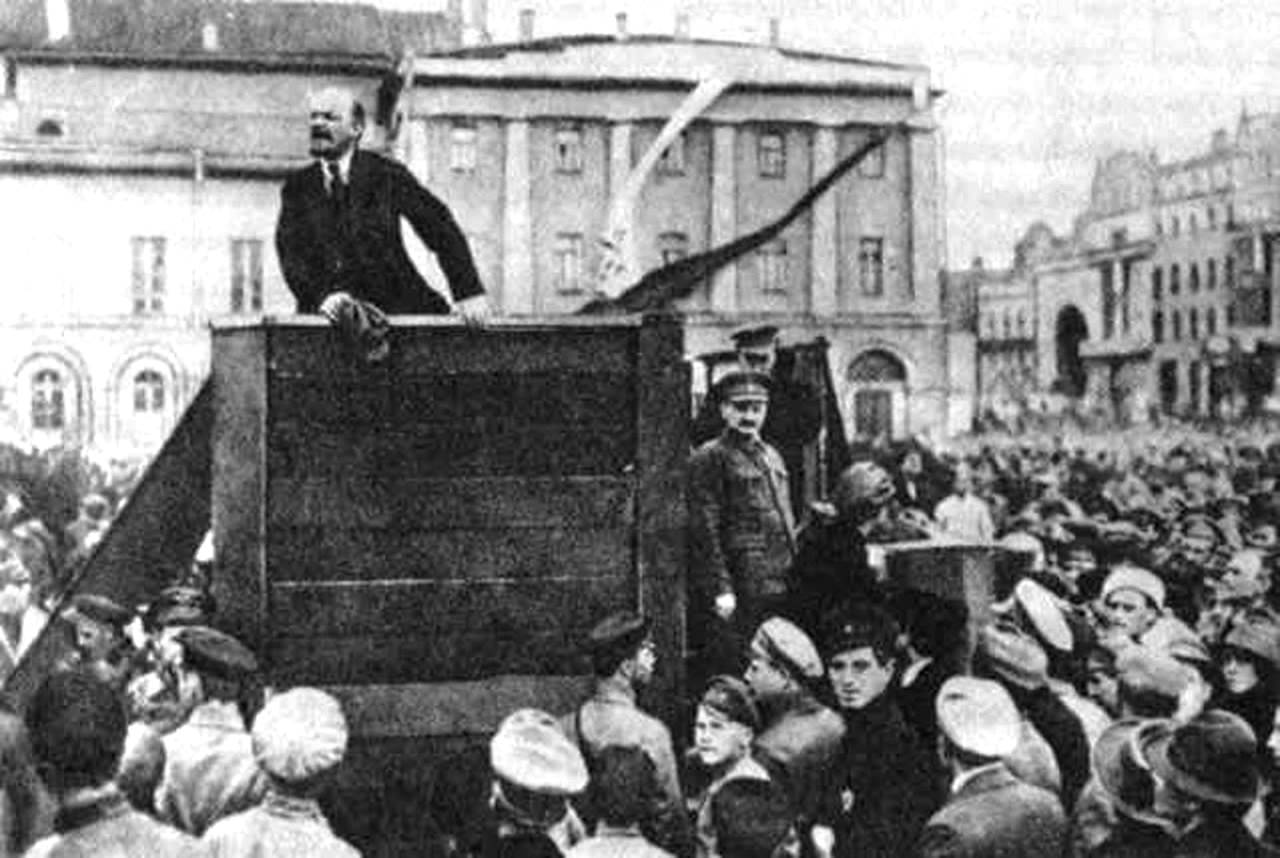
Communism is necessary. Capitalism must lay – and indeed has laid – the economic and social basis for socialism and communism: developing the world market, giant monopolies, and the working class. And communism is the only way to resolve the contradictions of capitalism.
It is inevitable that capitalism will go into crisis, that the working class will organise, and that revolutions will break out.
Communism is not preordained and guaranteed, however. We do have a choice, but that choice is restricted. But if we do fail to overthrow capitalism, which is possible, capitalism will eventually destroy society – and possibly the planet with it.
But why is it possible we will fail to overthrow capitalism and establish socialism? Why can’t we just wait, with folded arms, for the inevitable socialism?
Unfortunately, the ruling class has also understood, to some extent at least, the necessity of the class struggle. And this means that it does not simply allow this necessity to play out. If it did, there is no doubt that socialism would have been established by now.
The ruling class understood the growing strength of the working class, and saw in socialist and communist movements a mortal enemy. And so the capitalists have intervened consciously, fighting tooth and nail to resist any move in the direction of revolution.
We must counter this intervention with a conscious one of our own. That is, we must build a revolutionary organisation that is fully conscious of the need for socialism, and of the attempts of the ruling class to block its realisation.
Without such a party, revolutions will still take place (there is no way the ruling class can prevent this necessity), but they will be defeated.
This is the task that the International Marxist Tendency is dedicated to: building a revolutionary leadership that can make the working class conscious of its strength; that can organise the working class to take power when revolutionary situations do unfold.
The crisis of capitalism ensures that revolutionary events are on the horizon. Indeed, these are already erupting across the world. There is no time to waste. Join us and help realise the historic necessity of communism.

